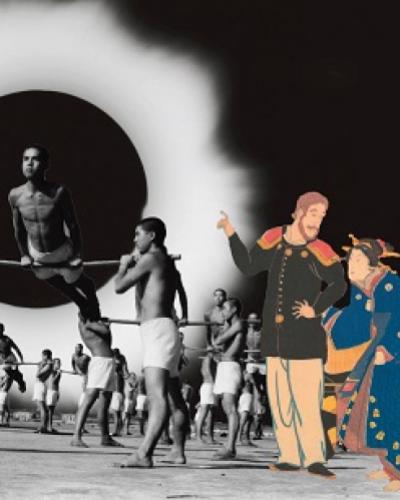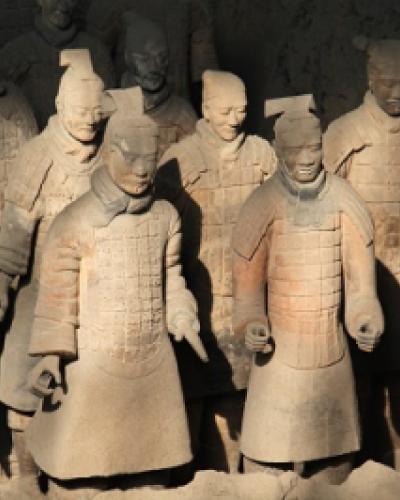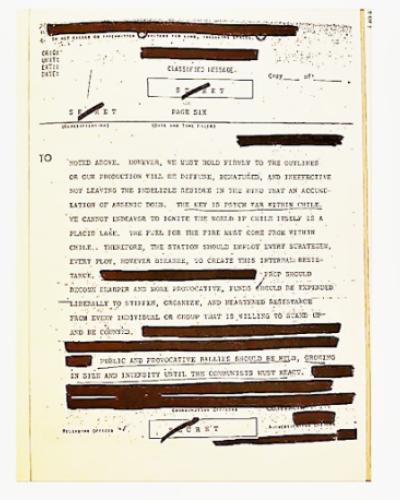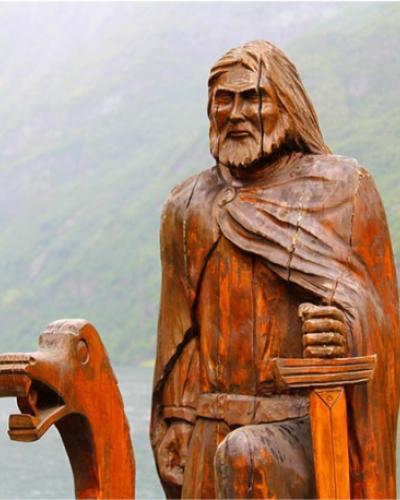HIST 1622 From Samurai to Superpower: Japan in World History II (also ASIAN 2222, CAPS 1622, GOVT 1623) (GLC-AS, HST-AS) (HAN)
Tuesday and Thursday: 1:25-2:40 plus discussion
Professor Kristin Roebuck
In 1868, samurai revolutionaries and their allies seized the reins of power and established a new capital they called Tokyo. Against all odds, this fragile regime survived and made Tokyo a center of power that would transform both Japan and the world. This survey of Japanese history explores the rise and fall of Japan as a modern imperial power; its foreign relations; its economic and scientific development from “feudalism” to futuristic technologies; and Japan’s many modern revolutions, from the rule of the samurai to Westernization and democracy, from democratic collapse to fascism and World War II, and from Japan’s postwar rebirth to the present. We will examine not only big events but also everyday life, including gender and sexuality, family and schools, and art and popular culture.
HIST 1622 is the second course in a two-part course sequence. Together, HIST 1621 and HIST 1622 cover the full scope of Japan’s transition from the age of the samurai to our present day. Students may take HIST 1622 without taking HIST 1621 and vice versa.













